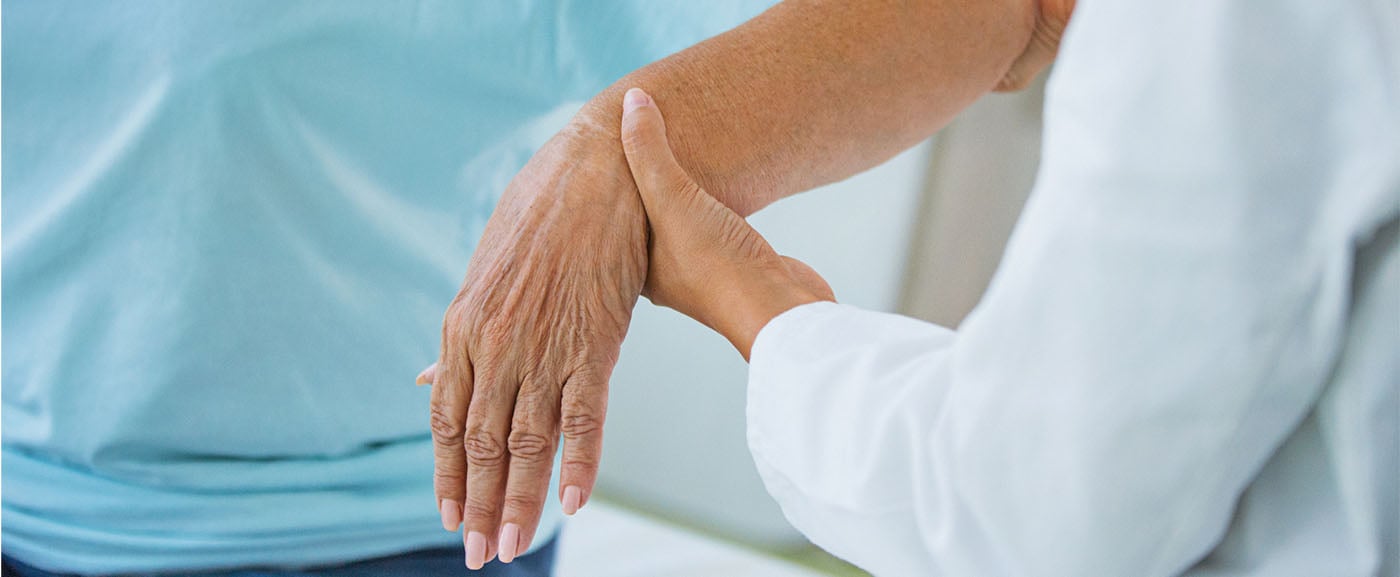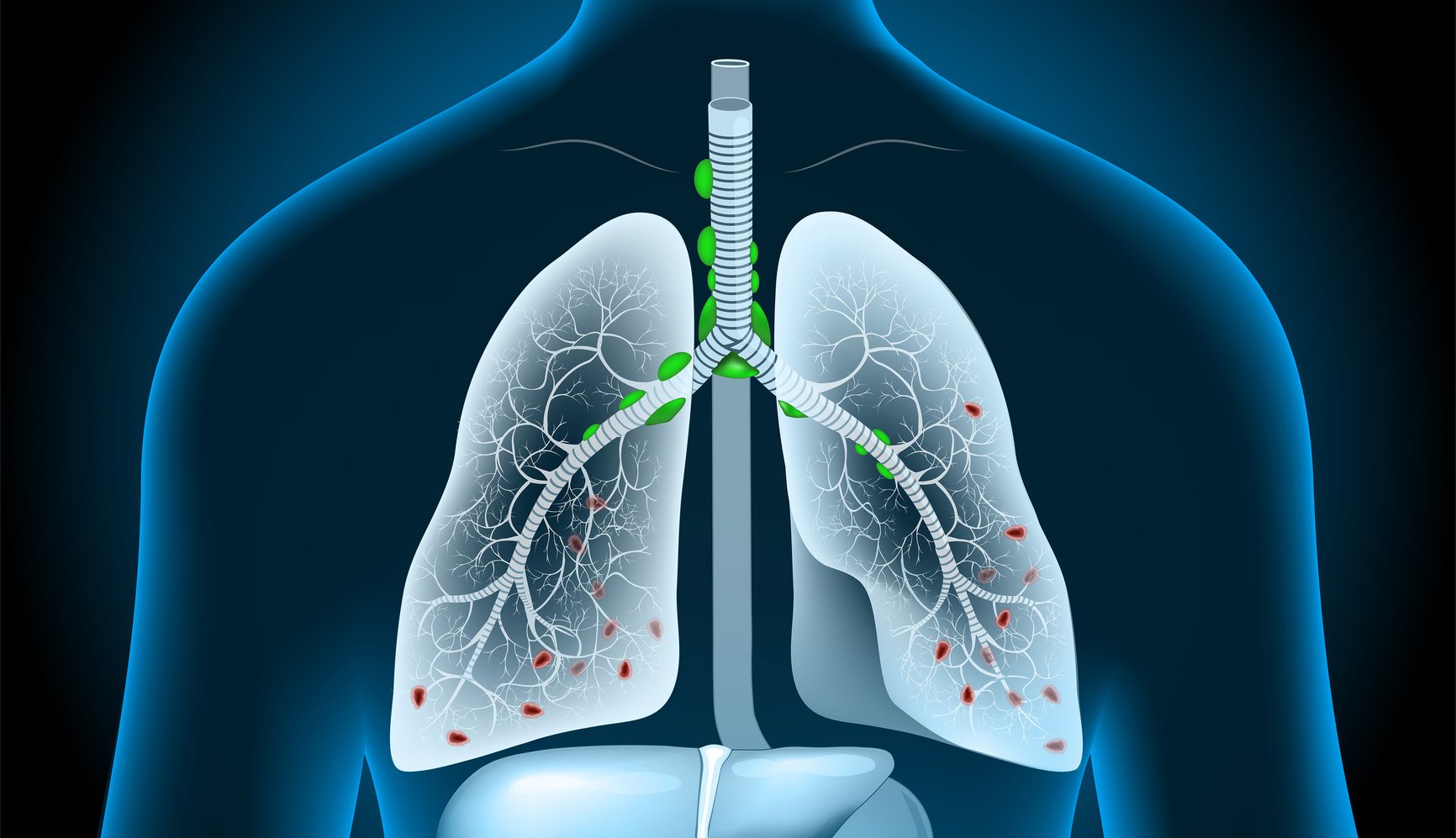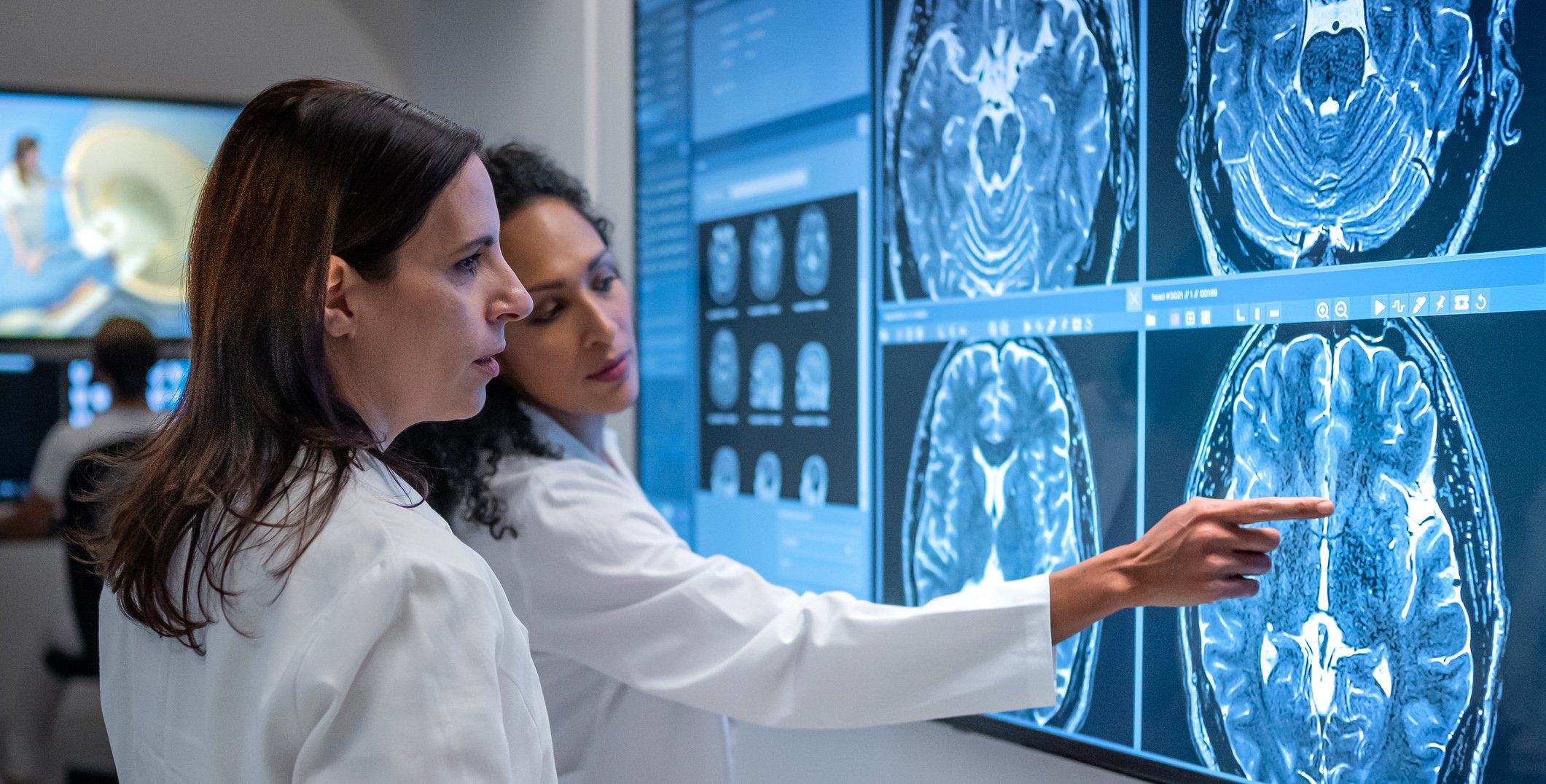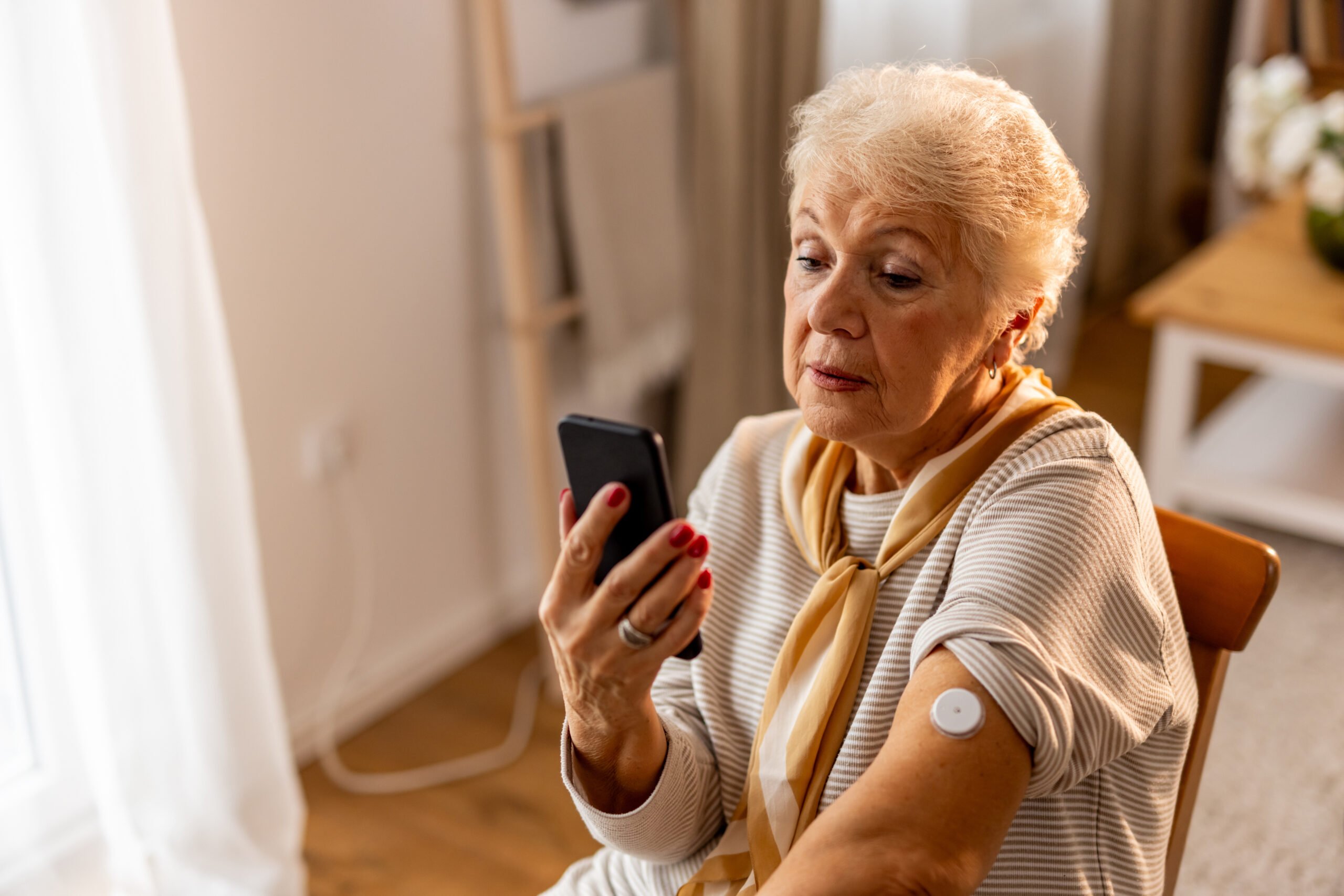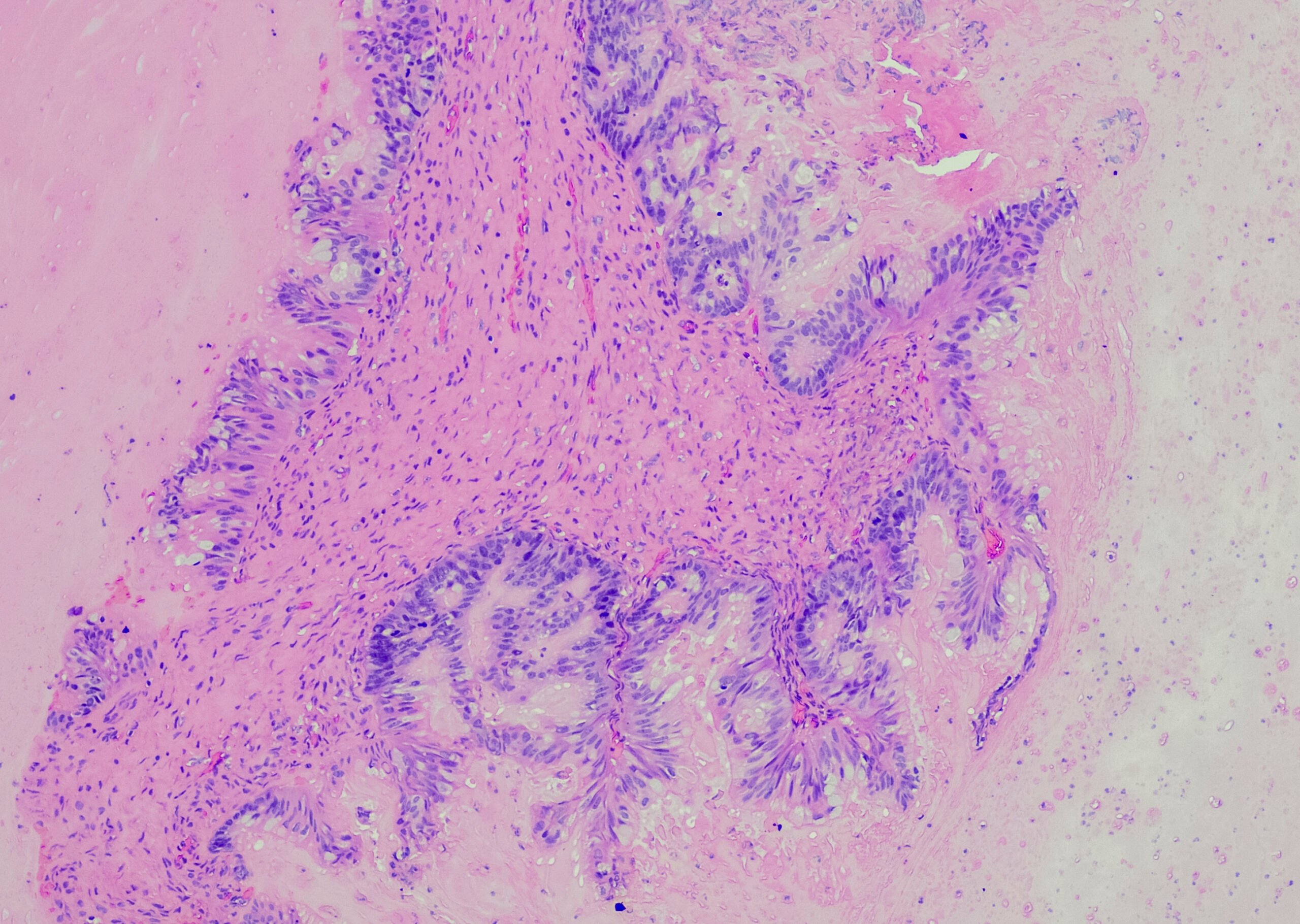The Swiss Rheumatism League has been working for people with rheumatism since 1958. In an interview, Executive Director Valérie Krafft explains how the non-profit organization supports those affected, why the increasing amount of information available is both a curse and a blessing, and what needs exist with regard to disease management.

Valérie Krafft, Managing Director of the Rheumatism League Switzerland
Click here for the website of the Rheumaliga Schweiz
Can you briefly introduce the Swiss Rheumatism League as an organization? What are its tasks, what services does it provide?
The Rheumaliga Schweiz is a more than 60-year-old, federally structured organization with member organizations in the various cantons and national patient organizations. The focus is on the individual with his or her need for quality of life and independence despite rheumatic disease.
In summary, we offer advice, guidance and exercise. Our slogan “Bewusst bewegt” (“Consciously moving”) shows what it’s all about: getting people with rheumatic diseases moving.
On the one hand, we promote this through exercise programs and courses offered primarily by our member organizations. On the other hand, we provide information to explain complex issues about rheumatic diseases in a simple way, so that those affected understand what the diagnosis means for their lives and how they can deal with it. In addition, we offer low-threshold paramedical consultations by physiotherapists, occupational therapists, nurses or social workers. In our store we also sell small helpers, e.g. for opening bottles, and offer specific advice, among others by an occupational therapist, to make everyday life easier.
The Rheumaliga Schweiz in close cooperation with the rheumatologists wants to define “rheumatism” broadly: It is not only about the inflammatory, but also about degenerative diseases, osteoporosis, soft tissue rheumatism, back pain and other rheumatic forms.
When you compare sufferers of inflammatory rheumatic disease from 10 years ago to sufferers today, where do you see the most important advances in the management of the disease on a day-to-day basis?
Today, there are better, more targeted treatment options. But there has also been an increase in the information available and the channels through which those affected can exchange information. On the one hand, this can be seen as progress, but on the other hand it also poses new challenges for those affected. They are confronted with much more information, some of which is contradictory and not always comprehensible. So I’m not sure that managing their disease has really become easier for patients. Even if, as an outsider, one sees diseases such as rheumatoid arthritis less frequently in everyday life thanks to advanced treatments, the suffering of those affected is still very high.
What needs do affected people have today, what do they expect from therapy and do you see in your everyday life that these needs and expectations are already being met?
A therapy includes not only the drug treatment, which of course should have as few side effects as possible and be effective. Holistic care for those affected and greater public acceptance of the disease are also important needs. Rheumatic diseases are still met with a great deal of incomprehension in both private and professional environments. A lot of educational work is still needed here.
We have noticed, especially during pandemic periods, that many sufferers conceal their inflammatory rheumatic disease from their employers. With COVID-19, these individuals then found themselves in a tricky situation: they had an increased risk due to a pre-existing condition, but no one at their workplace had previously known about it. It is important to promote understanding and acceptance of these conditions, which can be associated with fatigue, pain and lower performance. The new awareness video of the Rheumaliga Schweiz shows very nicely what sufferers experience in everyday life, what their needs are and what they fight against.
“We are many. We are strong. And we fight.” You can watch the awareness video here.
What challenges do younger sufferers in particular face?
Especially for younger people, the diagnosis can be a big shock. Our youngest member of the Affected Persons Council is 21 years old – that is an age when the world is open to you, you have dreams, wishes and ideas, and suddenly you are restricted. For younger people, the focus is on life and family planning, work and personal development. This results in very different challenges than those faced by older affected individuals. The Rheumatism League would therefore also like to provide special support for younger patients. For example, we have issued a publication on the topic of pregnancy, and we are also focusing on the workplace. With the new media, we can focus more on issues that challenge young people.
How does the Rheumatism League concretely support patients with rheumatic diseases in mastering the challenges involved?
Overall, brochures are an important information channel, but certainly not the only one. We also organize events such as free health days, where we offer concrete help, advice and tips to those affected. In addition, there is the possibility of a telephone or written consultation. Of course, online information has also become increasingly important recently. The Rheumatism League website records an average of 180,000 visits per month; in the first Corona year there was a real peak, i.e. a huge amount of people looking for reliable and understandable information. In addition, the social media, i.e. Facebook, Instagram and, since November 1, the LinkedIn channel of the Rheumatism League, to be better anchored in the professional world. The challenge is to reach the very heterogeneous target group of affected persons and relatives through communication via the various channels. Since the beginning of the year, for example, there has been the podcast series “Rheumatism in person”, in which a presenter discusses various topics together with sufferers and specialists from various fields. Among other topics, they discuss how to manage pain, the role of the environment, and strategies for coping with illness. The conversations are true to life, authentic and without taboos. In addition, we are in the process of preparing information about the various clinical pictures in easy-to-understand language and translating it into various foreign languages so that we can also reach those affected with a migration background or their relatives.
How important is the exchange between those affected?
I think this is exceedingly important and appreciate that traditional support groups are increasingly moving to the digital environment. Younger sufferers in particular have busy lives and are integrated into life, so they want to choose when they have these exchanges. Here, as an organization, we also have to be more flexible with our offerings and find new forms for the future, such as our Facebook community, which now has around 4,000 members.
What is the importance of cooperation between affected persons, rheumatologists and the Swiss Rheumatism League and what are the corresponding possibilities?
The collaboration between these three parties is very important, however, I would also add the Health Professionals in general and specifically those in Rheumatology (HPR). These are likely to become increasingly important – especially in light of the shortage of specialists. In the future, the patient should be more in the center and be optimally cared for by rheumatologists, the Rheumatism League and the HPR, who work hand in hand. There is still a lot to do in this respect and we are in close contact with patients and professionals in order to be able to work together in an even better and more structured way in the future.
What would you like to see in the management of inflammatory rheumatic diseases in the next 10 years?
As mentioned earlier, interprofessional, holistic care is becoming increasingly important. In addition, we should maintain a certain low-threshold, i.e. not build in too many hurdles, and provide those affected with uncomplicated and easy access to reliable information and support services. This is especially true with regard to the jungle of online information. A uniform web portal would be desirable here, with the help of which patients could organize themselves. That would be a great wish.
This text was produced with the financial support of AbbVie AG, Alte Steinhauserstrasse 14, Cham.
CH-RNQR-210063_12/2021
Article online since 20.12.2021

